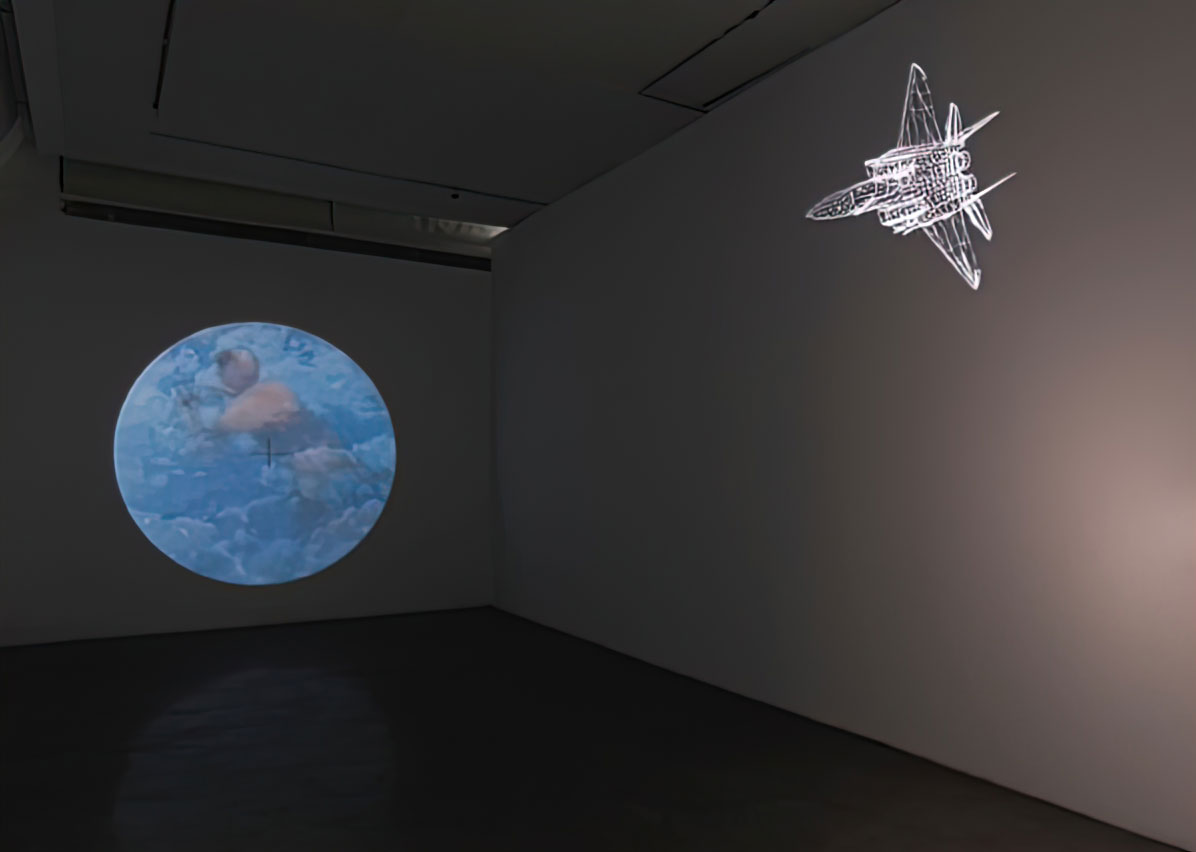Back To Athens 8: Utopia-Dystopia-Atopia
 The past five years provided ample evidence that the time when globalisation was regarded as the inviolable totem of a brave new world could come to an abrupt end. The unprecedented level of sophistication of networks and processes achieved in the past half-century, as well as the attitudinal changes that they produced over time across the globe, were no guarantee against reversal.
The past five years provided ample evidence that the time when globalisation was regarded as the inviolable totem of a brave new world could come to an abrupt end. The unprecedented level of sophistication of networks and processes achieved in the past half-century, as well as the attitudinal changes that they produced over time across the globe, were no guarantee against reversal.
By Dimitris Lempesis
Photo: Efi Michalarou Archive

In 2009, the majority of Greeks were living in a Utopian environment, the Athens Stock Exchange crash in 1999 has been forgotten and everything was wonderful, the banks were giving loans for anything you could imagine even to go on vacation to exotic and very expensive places. They were living in Arcadia. The Greek government-debt crisis started in late 2009, triggered by the turmoil of the world-wide Great Recession, structural weaknesses in the Greek economy, and lack of monetary policy flexibility as a member of the Eurozone. Unemployment, low wages and anger appeared in the foreground. Then the Covid 19 pandemic break came like a tombstone in the country especially for art and art-people, who almost for more than one year were in heavy lockdown and isolation. The exhibition “Utopia-Dystopia-Atopia” curated by Efi Michalarou, explores a triptych, which if in the past seemed a philosophical or theoretical question, today is more realistic than ever. In Greece After the pandemic loosening seem to lead in an Atopia, as coined by the German sociologist Helmut Willke to denote a society that exists without borders, with no national identity. In recent years, the long history of social movements has taken on a new dimension: the effort to preserve the identity of peoples and social groups that feel threatened by the tendency toward cultural homogeneity that globalization engenders. This “right to be different” is interrelated in various ways with human rights in the traditional sense, which highlight the equality of citizens, both among themselves and before the state. Thus, at the global level, equality and identity are interrelated in complex ways. The challenge for all countries is not to give up entirely on globalization but to redefine it for a new generation. There is much at stake, and the decisions made in the coming months and years could determine the future prosperity and security of all nations. In today’s world of art, globalization is not a one-way street where Western artists indoctrinate the total discourse on art. Rather, majority world artists and markets are also feeding into and changing the global discourse. Rapid developments in technology have increased the speed at which information and images circulate, expanding our access to artworks, exhibitions, platforms and cultural dialogues, even though access is still not available in the same ways for everyone in all places. The impact of this communication through digital media, and the accessibility of travel, has allowed artists and curators to collaborate more easily, shifting the focus away from art markets such as New York or London, and onto the many international exhibitions in places such as Sydney, São Paulo and Gwangju. Location has become both more and less important: distance is no longer a restriction or limitation to access and participation, and locality is a central focus for specific themes and discussions.
Participating Artists: Christos Athanasiadis, Ada Anastasea, Theodoulos (Gegoriou), Yiannis Theodoropoulos, Dimitris Lempesis, Alexandros Maganiotis, Stella Mourkogianni, Margarita Petrova, Artemis Potamianou, Panagiotis Rappas, Katerina Rimpatsiou, Ifigenia Sdoukou, Fani Sofologi, Theodora Tsiatsiou, Voula Ferentinou, Panos Charalampous and Mantalina Psoma.
Photo: Theodoulos, Flight 03-03’, video projection, Dimensions variable
Info: Curator: Efi Michalarou, Back to Athens 8 International Arts Festival 2021, Isaiah Mansion , 65 Patission & Ioulianou, Athens, Greee, Duration: 1-4/7/2021, Days & Hours: Thu-Fri (1-2/7) 16:00-22:00, Sat-Sun (3-4/7) 12:00-22:00, www.cheapart.gr, http://apart-network.gr, http://athensintersection.blogspot.com


Right: Ifigeneia Sdoukou, For Those Who Stay Alert, 2021, Hand embroidery, painting techniques, 100Χ 200 cm












